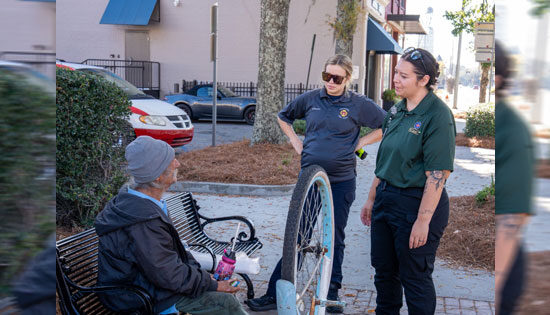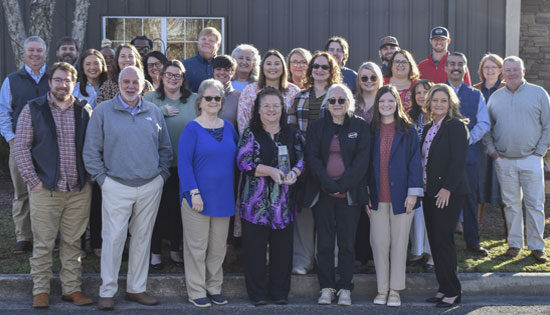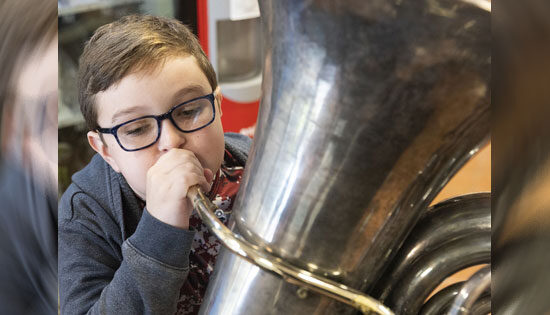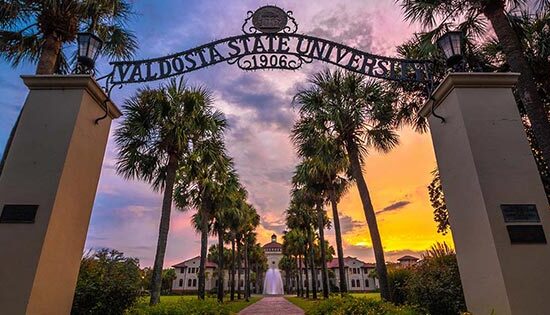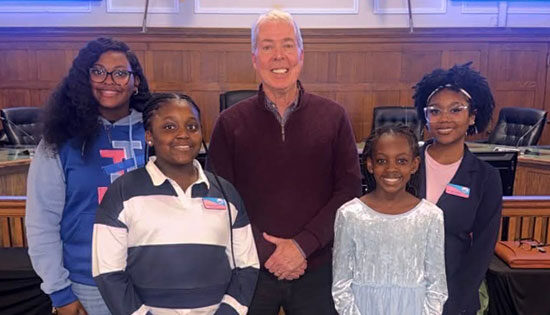Indefinite detention—because they could, might, may, very well commit a crime.
Nick Rudnik, Valdosta Today Opinion Contributor
“The Minority Report” is a 1956 short by acclaimed science fiction writer Philip K. Dick. In it, we find a conjured future where all crime has been eradicated. “Precrime,” a government agency which prevents crime before one can even be committed, employs the help of several “precogs,” or mutants, who are omniscient soothsayers that can peer into the future and predict calamity. Precrime officers examine the precogs’ prophecies from a computer and then arrest the perpetuator for the “future murder” of their victim. The short story, which was made into a major 2002 motion picture directed by Steven Spielberg and starring Tom Cruise as Precrime Captain John Anderton, at its core raises questions on the police state, crime prevention, and above all, free will.
While the short story and the film differ slightly in plot, the crux of the work remains in both: what if we could prevent all crimes at the expense of individual free will, would we? Should we? Indeed, that’s been the U.S. government’s policy toward detainees housed in Guantanamo Bay, Cuba since November 2002 when the first so-called “Gitmo detainees” were imprisoned indefinitely for perceived ties to domestic and international professional terrorists.
In 2010, President Obama launched a taskforce to determine which detainees could conceivably be released. By 2013, the president gave a major policy address where he vowed to release the 86 detainees who were cleared by his commission. And, nearly two years have passed and we’re still waiting for those prisoners to be freed from Camp X-Ray.
But, let’s be clear: we do have in our possession a slew of radicalized, professional terrorists who have demonstrated an intense fealty to their respective deeply misguided causes and ideologies by killing innocent people, U.S. troops on the battlefield, and who seek to fundamentally debase our way of life. And, if we’re to release these murderous terrorists, they’ll without a doubt stop at nothing to shed more innocent blood.
But still, the point is, if they’ve committed a crime bring them before a court or a military tribunal. At the conclusion of the Second World War, the Nuremberg trials of 1945 and 1946 brought Nazi war criminals before an allied military tribunal. The world demanded justice for the atrocities inherent to the deeply skewed worldview of fascist Nazism.
So, the question then becomes, what are we to do with those that are detained at Guantanamo Bay and have not committed any crime against the United States?
And the answer is rooted in both free will and freedom in a democratic society. President Ronald Reagan often noted that America should be a as “shining city upon a hill.” Reagan was invoking the words of John Winthrop, founder of the Massachusetts Bay Colony, as he gave a sermon before his wayward band of settlers as they set out to tame the vast wilderness of the New World. Of course, Winthrop was drawing heavily from Jesus’s Sermon on the Mount. In the sermon, Jesus reminds his disciples and followers that, “You are the light of the world. A city that is set on a hill cannot be hidden.”
A city on a hill rises above the rest. It’s a model; a shining symbol to all who gaze upon it. Are we then a city upon a hill, a true model of freedom and democracy for the rest of the world, if we arbitrarily imprison and impugn the rights of those who are in our custody? Is this what we should expect of the world’s preeminent democracy?
No, it’s not. In fact, we live more in a society rooted in the world of Philip K. Dick and “The Minority Report.” For we are imprisoning those who could perhaps, maybe, possibly commit a crime. We are preventing any possibility of those at Gitmo from committing a crime, but we’re also denying free will, and in its place, we find the dark nature of the police state.
Now, the concerns and fears of those who maintain that we need to stop terrorism at any cost are well-placed and well-taken. This position is one born of a desire to keep Americans safe, above all. And it’s a position I nonetheless can respect on a certain level. In short, nobody wants another 9/11. But do we abandon the central tenets of American democracy, the right to a fair trial, the right to due process, and more, to ensure those ends?
Being a free and open democratic society is hard. States like Hussein’s Iraq and Assad’s Syria have the benefit of secret police and secret jails to keep their people in check—and oppressed. We don’t have that option.
I’ll say again, the choice is simple, charge them as terrorists or release them. In all, President Obama should take a line from the 2002 film adaptation of Philip K. Dick’s short and disband his own precrime department at Guantanamo Bay. Democracies must be held to a higher standard. And, if the United States is a “shining city upon a hill” we must never forget that the condition of being on a hill is that all the world can see—both friend and foe alike.
 Nicholas A. Rudnik is currently pursuing a degree in political science with a concentration in American politics at Valdosta State University. Previously, he’s served as a congressional page in the U.S. House of Representatives during the 111th Congress and in the Office of U.S. Congressman Sanford Bishop. Further, Nick has served on staff at an institutional interest group, the Association of American Law Schools, in Washington and has worked in the private sector. He has presented his research, focused primarily on congressional parties and elections, at regional academic conferences and hopes to pursue a graduate degree in political science. Nick is currently completing two manuscripts relating to southern congressional elections and judicial decision-making in the area of campaign finance; he can be contacted via e-mail at narudnik@valdosta.edu. Follow Nick on Twitter: @NickRudnik.
Nicholas A. Rudnik is currently pursuing a degree in political science with a concentration in American politics at Valdosta State University. Previously, he’s served as a congressional page in the U.S. House of Representatives during the 111th Congress and in the Office of U.S. Congressman Sanford Bishop. Further, Nick has served on staff at an institutional interest group, the Association of American Law Schools, in Washington and has worked in the private sector. He has presented his research, focused primarily on congressional parties and elections, at regional academic conferences and hopes to pursue a graduate degree in political science. Nick is currently completing two manuscripts relating to southern congressional elections and judicial decision-making in the area of campaign finance; he can be contacted via e-mail at narudnik@valdosta.edu. Follow Nick on Twitter: @NickRudnik.



